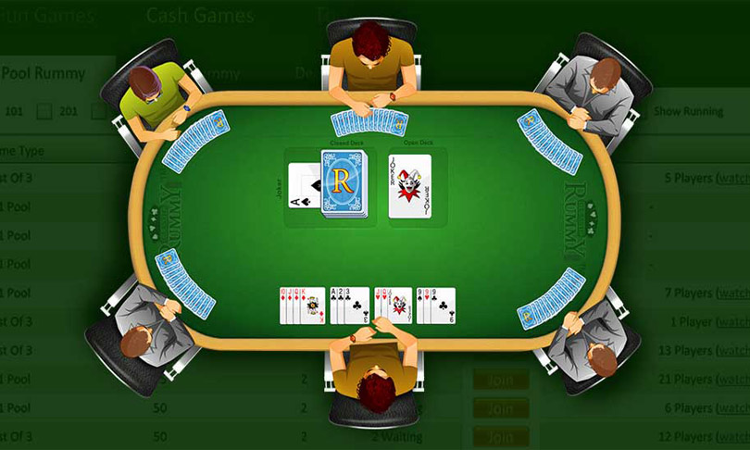Kerala High Court Refuses Stay On Kerala Government Notification Banning Online Rummy For Stakes
Lydia Suzanne Thomas
8 April 2021 6:18 PM IST

Next Story
8 April 2021 6:18 PM IST
The Kerala High Court on Thursday, refused to interfere with a Kerala Government Notification 'banning online playing of rummy when played for stakes'.Upon a challenge made by four gaming companies, a Single Bench of Justice N Nagaresh expressed his disinclination to interfere with the notification at this juncture an d instead listed the petition after the vacation. However, upon a...
